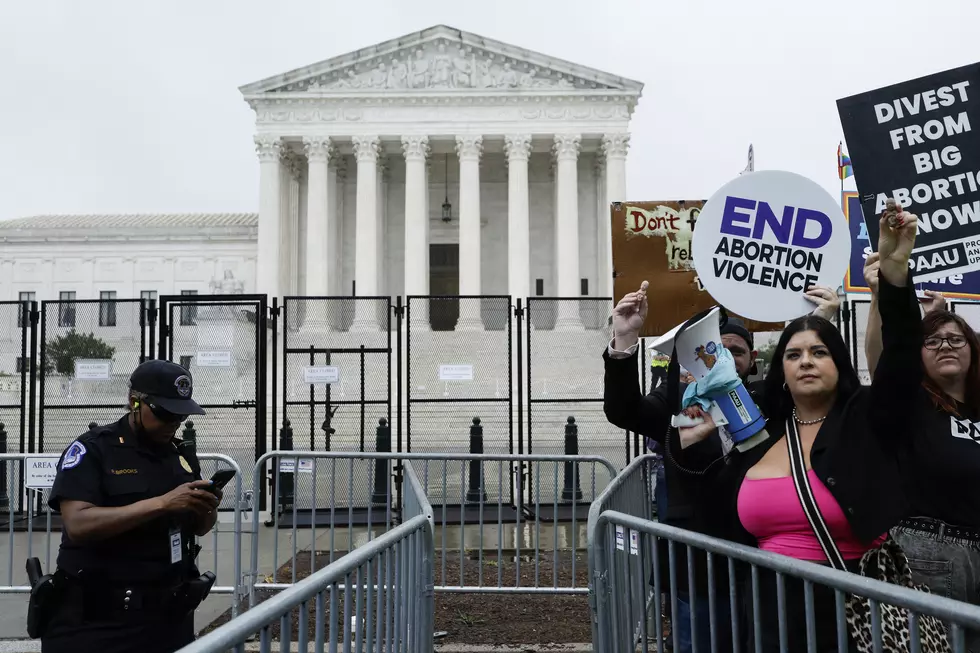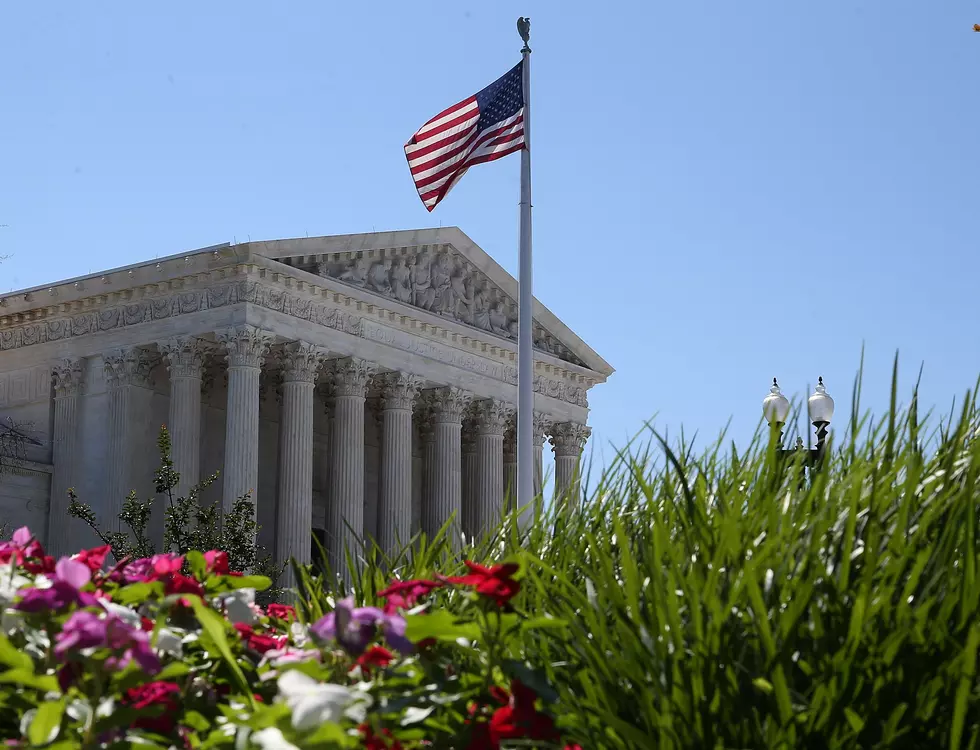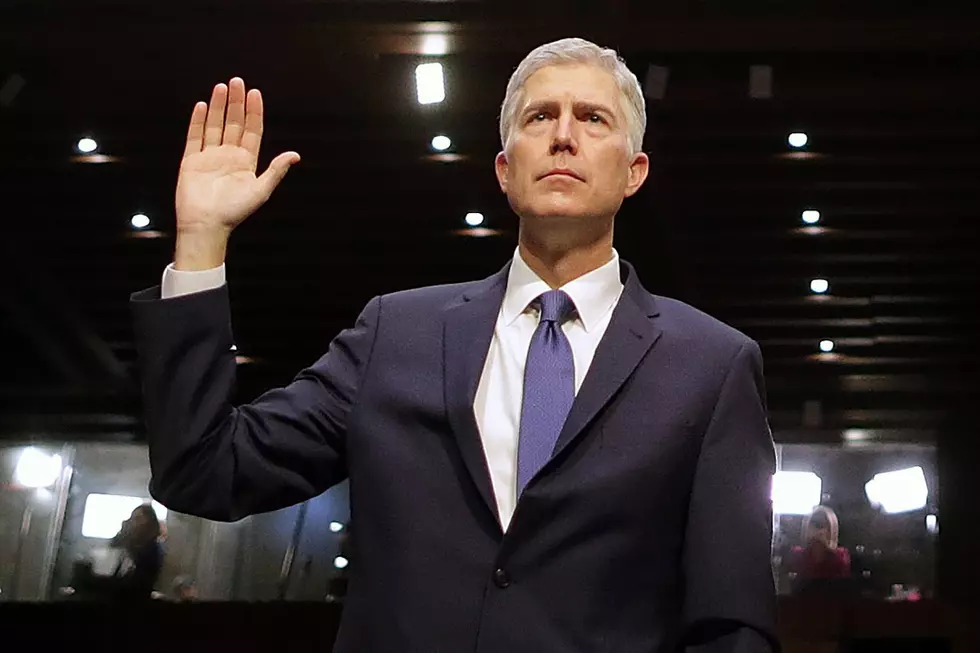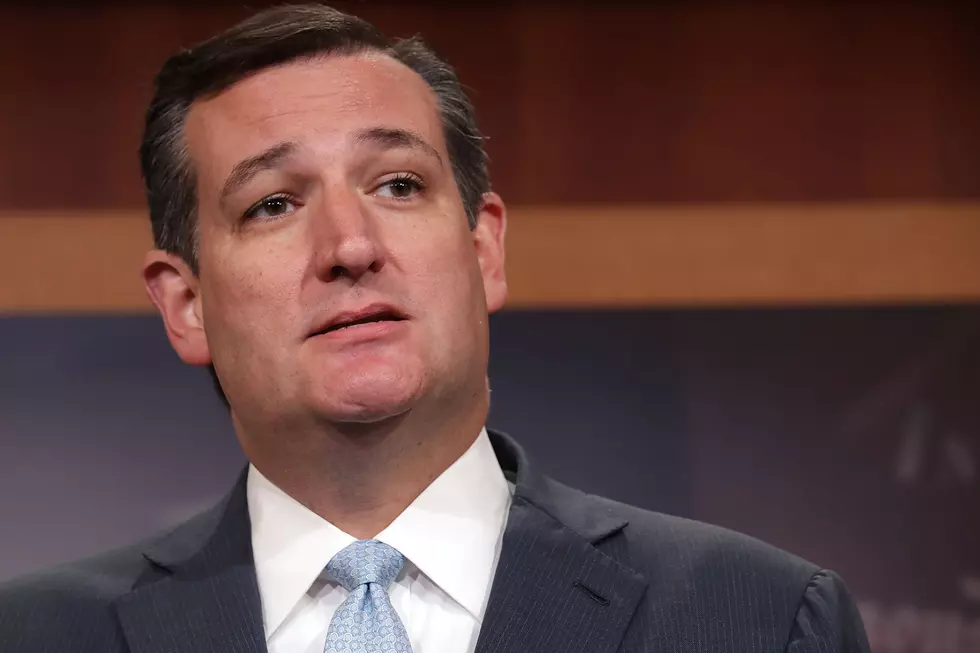![Do You Agree With the Supreme Court’s Ruling on Cellphone Searches? [POLL]](http://townsquare.media/site/241/files/2013/06/Supreme-Court.jpg?w=980&q=75)
Do You Agree With the Supreme Court’s Ruling on Cellphone Searches? [POLL]
The United States Supreme Court handed privacy advocates a win yesterday with their ruling on cellphone searches by police. The ruling, according to FOX News, places new limits on those searches.
In a strong defense of digital age privacy, a unanimous Supreme Court ruled Wednesday that police may not generally search the cellphones of people they arrest without first getting search warrants.
Cellphones are powerful devices unlike anything else police may find on someone they arrest, Chief Justice John Roberts said for the court. Because the phones contain so much information, police must get a warrant before looking through them, Roberts said.
"Modern cellphones are not just another technological convenience. With all they contain and all they may reveal, they hold for many Americans the privacies of life," Roberts said.
The court chose not to extend earlier rulings that allow police to empty a suspect's pockets and examine whatever they find to ensure officers' safety and prevent the destruction of evidence.
The Obama administration and the state of California, defending the cellphone searches, said cellphones should have no greater protection from a search than anything else police find.
But the defendants in these cases, backed by civil libertarians, librarians and news media groups, argued that cellphones, especially smartphones, are increasingly powerful computers that can store troves of sensitive personal information.
In the cases decided Wednesday, one defendant carried a smartphone, while the other carried an older flip phone.
Roberts said the comparison to packages of cigarettes and other items that were at issue in the earlier cases is not apt.
A ride on horseback and a flight to the moon both "are ways of getting from point A to point B, but little else justifies lumping them together," he said.
Authorities concerned about the destruction of evidence can take steps to prevent the remote erasure of a phone's contents or the activation of encryption, Roberts said.
One exception to the warrant requirement left open by the decision is a case in which officers reasonably fear for their safety or the lives of others.
Do you agree with the ruling? Let us know in today's KFYO Poll of the Day.
More From News/Talk 95.1 & 790 KFYO


![Cornyn Confident That Amy Coney Barrett Will Be Quickly Confirmed [INTERVIEW]](http://townsquare.media/site/192/files/2020/09/Amy-Coney-Barrett-GettyImages-1228805134.jpg?w=980&q=75)





![John Cornyn Will Not Consider Obama’s Supreme Court Nominee [INTERVIEW]](http://townsquare.media/site/192/files/2016/03/John-Cornyn-GettyImages.jpg?w=980&q=75)
